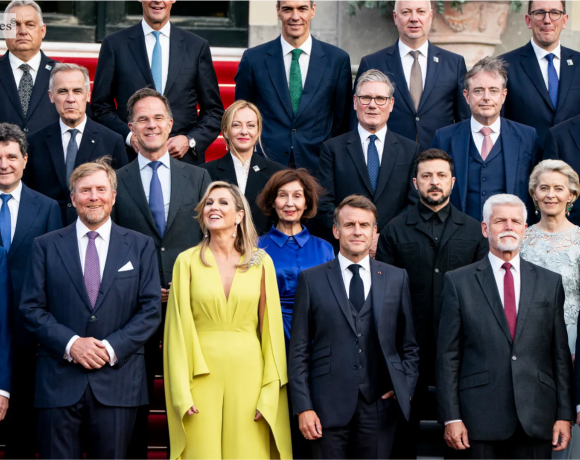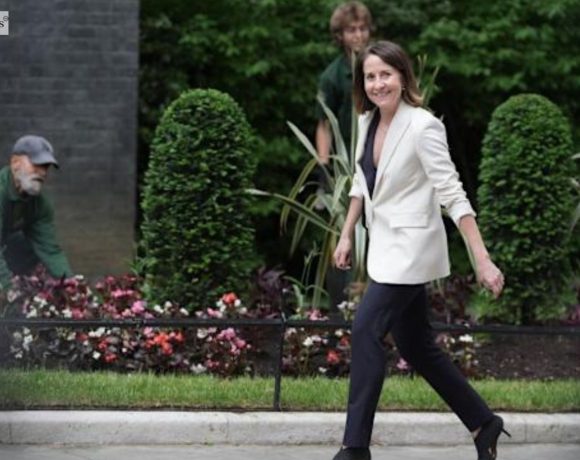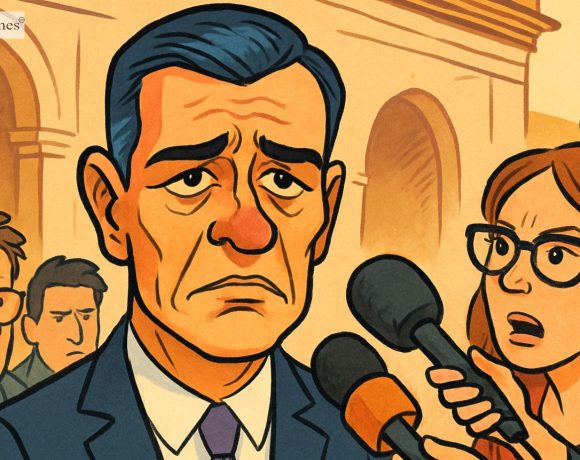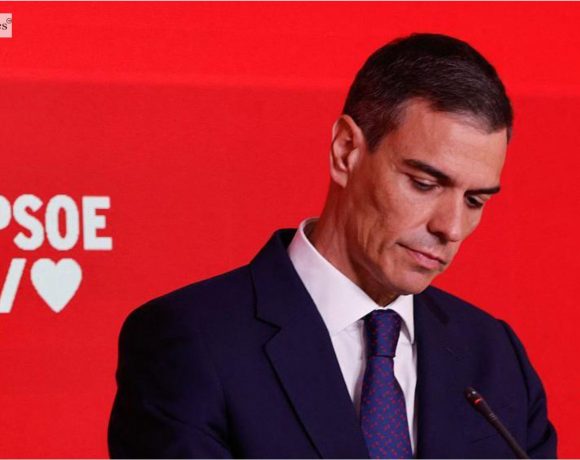
Indian logistics magnate Dr Vijay Sankeshwar, Chairman and Managing Director of VRL Group, has been named the recipient of the 19th MBA (Multibillionaire Business Achiever) Award, a prestigious honour celebrating extraordinary business impact and social commitment. The award, conceptualized by Dr. Ajit Ravi, is presented by Unique Times in partnership with Manappuram Finance Ltd. The grand recognition ceremony will take place on July 17th at the Sree Gokulam Park Convention Centre, Kochi.
A pioneering figure in India’s transport sector, Dr Vijay Sankeshwar becomes the first-ever recipient from Karnataka, marking a milestone in the award’s pan-India expansion. His leadership has transformed VRL Group into one of India’s most prominent logistics and fleet enterprises.

The award also grants him induction into the Federal International Chamber Forum (FICF)—a global forum for high-impact business leaders, envisioned by Dr Ajit Ravi and reserved exclusively for MBA Awardees.
The MBA Award continues to highlight Indian entrepreneurship on a global platform, emphasizing values of responsibility, ethics, and nation-building.
Pic Courtesy: pegasus/ images are subject to copyright









